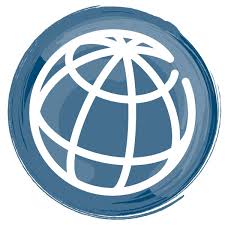The World Bank on Wednesday urged the Ghanaian government to institute urgent reforms in the energy and cocoa sectors to anchor macro-financial sustainability.
Robert Taliercio, World Bank Division Director for Ghana, Sierra Leone, and Liberia, who said this during the launch of the World Bank 2025 policy notes, titled,” Transforming Ghana in a Generation,” noted that sustaining policy reforms remains challenging to the West African country, “and risks will continue to escalate unless prompt, decisive actions are taken.”
Taliercio cautioned that any further delays in the long-awaited reforms of the energy sector are risking the country’s macro-financial sustainability.
“It cost the government approximately 1.4 billion U.S. dollars in 2024 on transfers to cover the financial shortfalls in the energy sector, and these are projected to rise to about 2.0 billion dollars by 2026. This is about two percent of GDP, which could otherwise be used for priority spending in health, education, or improving Ghana’s road network,” the World Bank official noted.
In that respect, the official cautioned that every month of delay becomes extremely costly for the nation, adding that the World Bank is deeply concerned about insufficient progress on these critical reforms.
He was, however, hopeful that some recent positive developments in the sector, including the 40 percent increase in revenues recorded through the cash waterfall mechanism this year, compared to the same period last year, would support the sector’s financial sustainability going forward.
“Similarly, reforms in the cocoa sector are urgent to improve the sector’s resilience and financial sustainability. COCOBOD’s current operational framework creates significant inefficiencies and market distortions that result in debt accumulation and increased fiscal liabilities,” he observed.
On the other hand, he said the government’s programs, such as the 24-Hour Economy and the Big Push, which aim to revolutionize Ghana’s infrastructure, offer an opportunity to catalyze ambitious reforms to promote broad-based and resilient growth, job creation, and poverty reduction, if implemented well.
Moreover, the World Bank official urged that since transformation is a collective endeavor, it demands an unwavering commitment from the government, an innovative spirit from the private sector, active participation from civil society, and the sustained partnership of the international community.
“The choices Ghana makes now can unlock a generation of inclusive, resilient growth and deliver sufficient quality jobs. The World Bank stands ready to support Ghana’s leadership and the efforts of all stakeholders to make that promise real,” Taliercio added.

